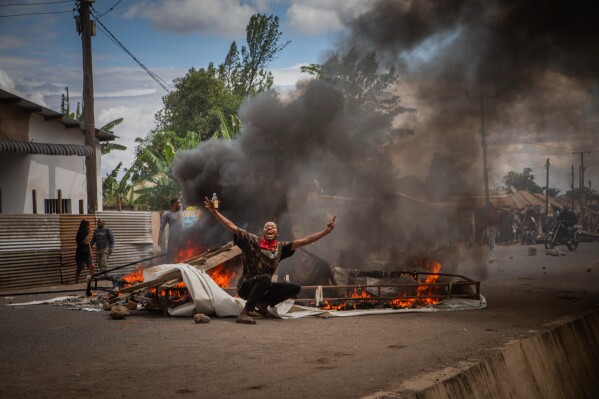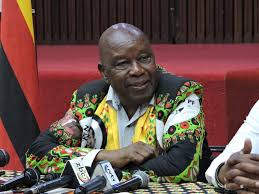Politics
Breaking: SADC Slams Tanzania Polls as Undemocratic and Deeply Flawed

Observer mission condemns intimidation, arrests, and internet blackout, says vote “not free and fair”
By Desmond Nleya
HARARE – The Southern African Development Community (SADC) observer mission has issued a damning verdict on Tanzania’s 2025 general election, declaring that the poll failed to meet democratic standards and was neither free nor fair.
In its sharply worded preliminary report released on November 3, 2025, the SADC Electoral Observation Mission (SEOM) condemned widespread intimidation of opposition figures, arbitrary arrests, a nationwide internet shutdown, and deadly violence that left voters unable to “express their democratic will.”
The mission’s 18-page assessment — led by former Malawian Speaker of Parliament Richard Msowoya — stated that the election “fell short of the requirements of the SADC Principles and Guidelines Governing Democratic Elections,” marking one of the strongest rebukes ever issued by the regional bloc.
While some African leaders, including President Emmerson Mnangagwa of Zimbabwe, congratulated President Samia Suluhu Hassan on her re-election, the SADC report paints a bleak picture of a deeply flawed process overshadowed by fear, repression, and media censorship.
“In most areas, voters could not express their democratic will,” the report concluded.
The SEOM, which deployed 80 observers across 27 of Tanzania’s 31 regions, reported harassment of its teams — including an incident in Tanga where security officers interrogated and detained observers, confiscated passports, and forced them to delete photographs.
Although voting day was largely calm, the mission noted sporadic violence, gunfire by police, and a notably low turnout. The internet blackout crippled communication and data reporting systems, preventing full monitoring of the process.
Opposition Suppressed
The observers cited the arrest and treason trial of opposition leader Tundu Lissu and the disqualification of key candidates such as ACT-Wazalendo’s Luhaga Mpina as examples of deliberate efforts to eliminate political competition.
“These actions undermine Tanzania’s multi-party democracy and create an uneven political playing field, discouraging public participation,” the report said.
The SEOM also condemned the state media’s pro-government bias, noting that opposition coverage was minimal, while private outlets self-censored out of fear of losing their licences. Social media restrictions further curtailed freedom of expression, limiting citizens’ access to information.
The mission criticised Tanzania’s constitutional ban on challenging presidential election results in court, calling it incompatible with democratic principles of electoral justice. It further warned that the presidential appointment of electoral commissioners compromised the independence of election management bodies.
SADC recommended a comprehensive constitutional review, electoral reforms, and gender equality measures to restore credibility and fairness in future polls.
Despite the blistering assessment, regional leaders have so far remained silent. President Mnangagwa’s congratulatory message praised Suluhu’s “visionary leadership” but ignored reports of violence and irregularities. He also skipped her inauguration, opting instead to attend a UN conference in Qatar.
The African Union expressed “deep regret” over the loss of life but refrained from criticising the poll, while the European Union described the election as “deeply concerning,” citing killings, abductions, and the internet shutdown.
The forthright tone of the SADC report mirrors the bloc’s unprecedented criticism of Zimbabwe’s 2023 election, where it declared the vote “not credible.” Analysts say this signals a growing willingness within SADC to call out electoral misconduct in the region.
For only the second time in its history, the mission has spoken unambiguously: “The 2025 Tanzania election was not free, not fair, and failed to uphold the democratic values enshrined in the SADC Charter.”
The report now awaits deliberation by regional heads of state — though few expect any concrete action to follow.
Tanzania’s electoral commission, meanwhile, has claimed Suluhu won 98 percent of the vote with an 87 percent turnout, figures that have been widely ridiculed by citizens and independent observers alike.



